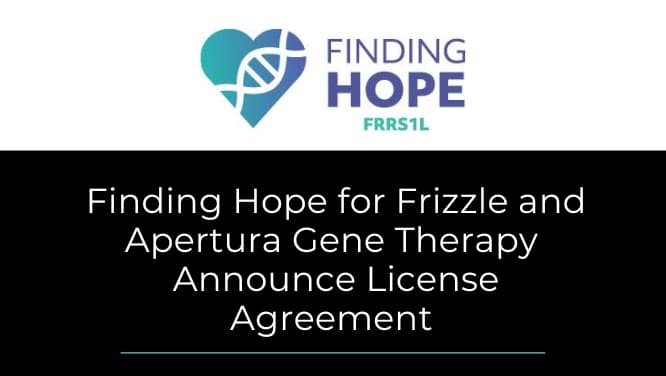CO Employment Update: What Employers Need to Know about the POWR Act

- Niki Vinod Schwab
- |
- October 31, 2023
Companies with Colorado-based employees should be aware of the Protecting Opportunities and Workers’ Rights Act (“POWR Act”) that took effect on August 7, 2023. With the intent of “addressing discriminatory or unfair employment practices pursuant to Colorado’s anti-discrimination laws” (per the Bill’s summary), the POWR Act expands the Colorado Anti-Discrimination Act (“CADA”) and materially changes the current employment discrimination landscape in Colorado.
Key changes include:
- Broadening the type of conduct that constitutes harassment by rejecting the “severe or pervasive” standard of proof that employees were previously required to meet for claims of harassment
- Restricting employers’ use of affirmative defenses by specifying requirements employers must meet to assert affirmative defenses to an employee’s proven claim of unlawful harassment by a supervisor
- Significantly restricting employers’ ability to limit employees’ rights to disclose alleged discriminatory or unfair employment practices
- Narrowing the affirmative defense related to “no reasonable accommodation” for a disability by removing the requirement that a disability “has a significant impact on the job”
- Adding protections from discriminatory or unfair employment practices for individuals based on their marital status
- Increasing employers’ recordkeeping obligations to a period of 5 years from the later of the date the employer created or received the record, the date the personnel action giving rise to the record occurred, or the final disposition of a charge of discrimination or related action
A More Lenient Burden of Proof:
The most substantial change resulting from the POWR Act is redefining what constitutes “harassment.” The Colorado legislature found that the longstanding “’severe or pervasive’ standard … does not take into account the realities of the workplace or the harm that workplace harassment causes.” The POWR Act rejects this higher standard in favor of a standard that expands the definition of “harassment” to “any unwelcome physical or verbal conduct” that is “subjectively offensive to the individual alleging harassment … and is objectively offensive to a reasonable individual who is a member of the same protected class.” The law expressly provides that even “petty slights, minor annoyances, and lack of good manners” can reach the level of harassment when the totality of the circumstances is reviewed.
If an employee proves harassment by a supervisor, the law prevents the employer from asserting an affirmative defense unless the employer can establish that it has “a program that is reasonably designed to prevent harassment, deter future harassers, and protect employees from harassment.” The law specifies that to meet this requirement, an employer must establish that:
- it “takes prompt, reasonable action to investigate or address alleged discriminatory or unfair employment practices” and “when warranted, in response to complaints”,
- it “has communicated the existence and details of the program … to both its supervisory and nonsupervisory employees”, and
- “[t]he employee has unreasonably failed to take advantage of the employer’s program.”
Limits on Confidentiality Restrictions:
Previously, CADA did not address non-disclosure agreements or otherwise limit confidentiality between employer and employee. The POWR Act has added a new section to CADA to specifically limit an employer’s ability to obtain confidentiality covenants and provides that such nondisclosure provisions are “void” unless:
- the provision applies equally to all parties to the agreement,
- the provision expressly states that it does not restrict the employee from disclosing underlying facts of any alleged discriminatory or unfair practice, and
- the provision expressly states that the disclosure of underlying facts of any alleged discriminatory practice does not constitute disparagement of the employer or others involved,
- the agreement including the provision states that “the employer may not seek to enforce the nondisparagement or nondisclosure provisions of the agreement or seek damages” if the employer has disparaged the individual in violation of the nondisparagement provision,
- for agreements including a liquidated damages provision, the liquidated damages must be “reasonable and proportionate in light of the anticipated actual economic loss”, must not be punitive, and must be “varied based on the nature or severity of the breach”, and
- the agreement includes an addendum, to be signed by all parties, attesting to the compliance with the POWR Act.
While this article only highlights the most significant impacts, the POWR Act has far reaching implications on how employers in Colorado structure their employment policies. Employers should review their anti-discrimination and reporting policies (or implement a policy if one does not exist) to confirm compliance with the new requirements. As well, employers should consider removing confidentiality and nondisparagement provisions from form separation and release agreements and use such provisions only after a case by case review. For questions on the changes and counsel on how to best update your policies, please reach out to Niki Schwab or Brad Schoenfeld.




